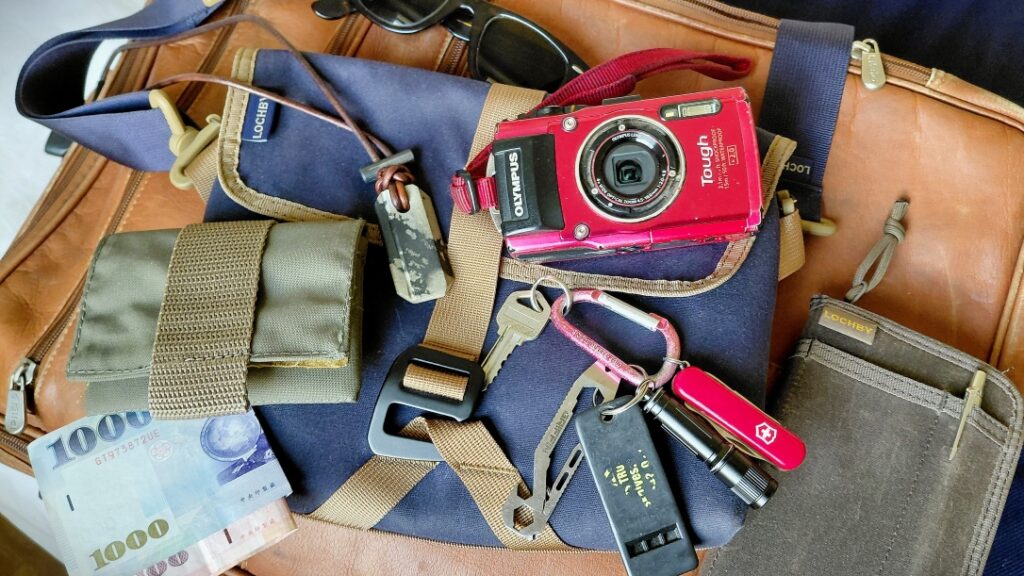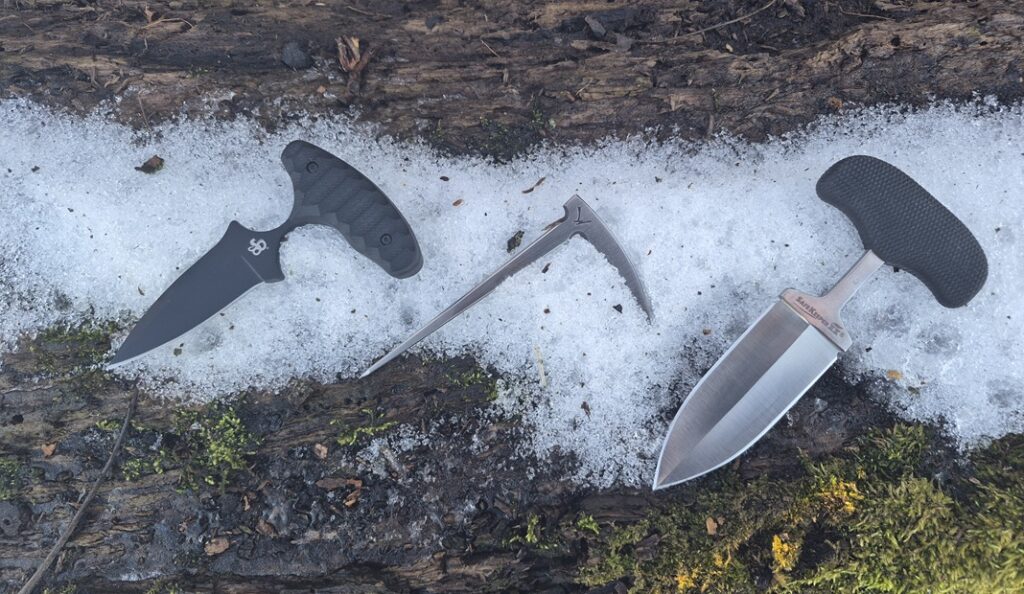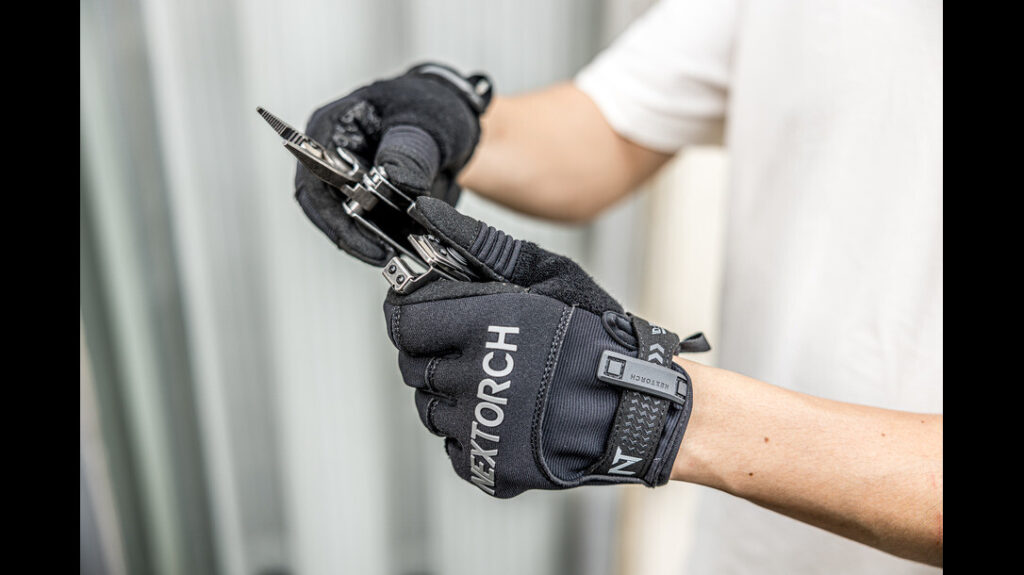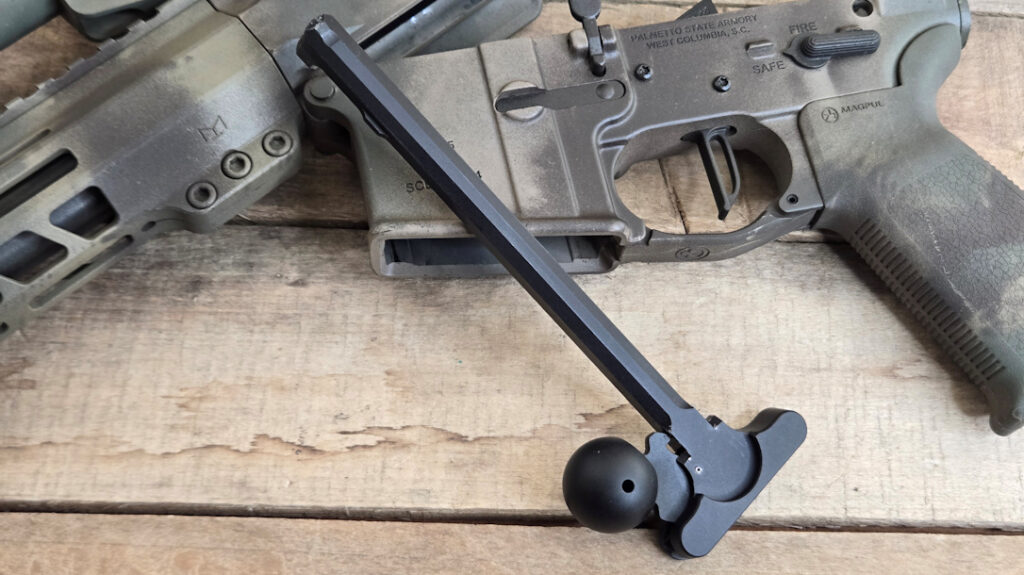Want to have some fun? Call or text your mechanic buddy and ask them how many 10mm sockets they own. Then ask how many they can put their hands on at the moment. That’s one tool that should be sold in a six-pack, given how many seem to grow legs. However, maybe the problem is a lack of cohesive organization.
Getting your gear and supplies organized and keeping it that way takes time and effort, as well as some degree of cooperation from others in the household. But those investments are worth it in the time saved hunting for something. Let’s face it. If you own it but can’t find it when it’s needed, you might as well not have bought it in the first place.
Organization Schemes for Fast Access
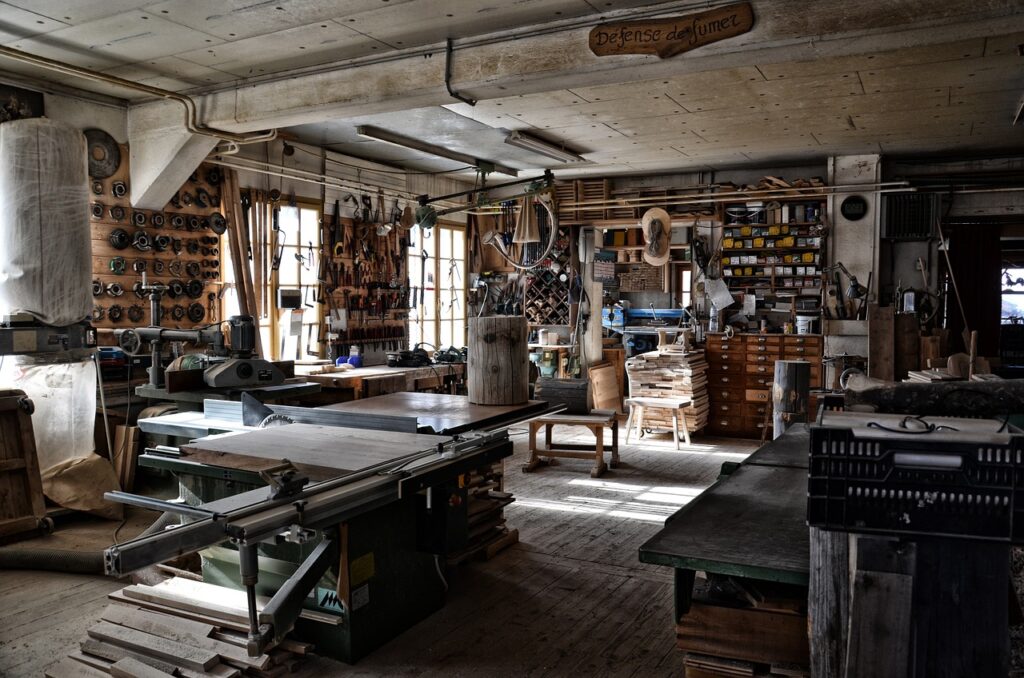
Advertisement — Continue Reading Below
For the purposes of our discussion, we’re going to divide our stuff into two main categories: stationary and mobile.
Stationary Organization
These are things that tend to stay at home or in the shop. They aren’t stationary in the sense that they’re immobile. We just don’t routinely take them out and about with us as we move about our daily lives. Think of things like spare clothes, backpacks, and camp cookware.
Listen, I’m all about saving money, but relying on old cardboard boxes and duct tape for storing your supplies is asking for trouble. One ruptured seam and the whole thing falls apart. Instead, consider investing in plastic totes. They’re designed precisely for storage. They stack nicely, which is always helpful. They aren’t rodent-proof, so don’t store food in them. But other than that, they’re pretty great.
Advertisement — Continue Reading Below
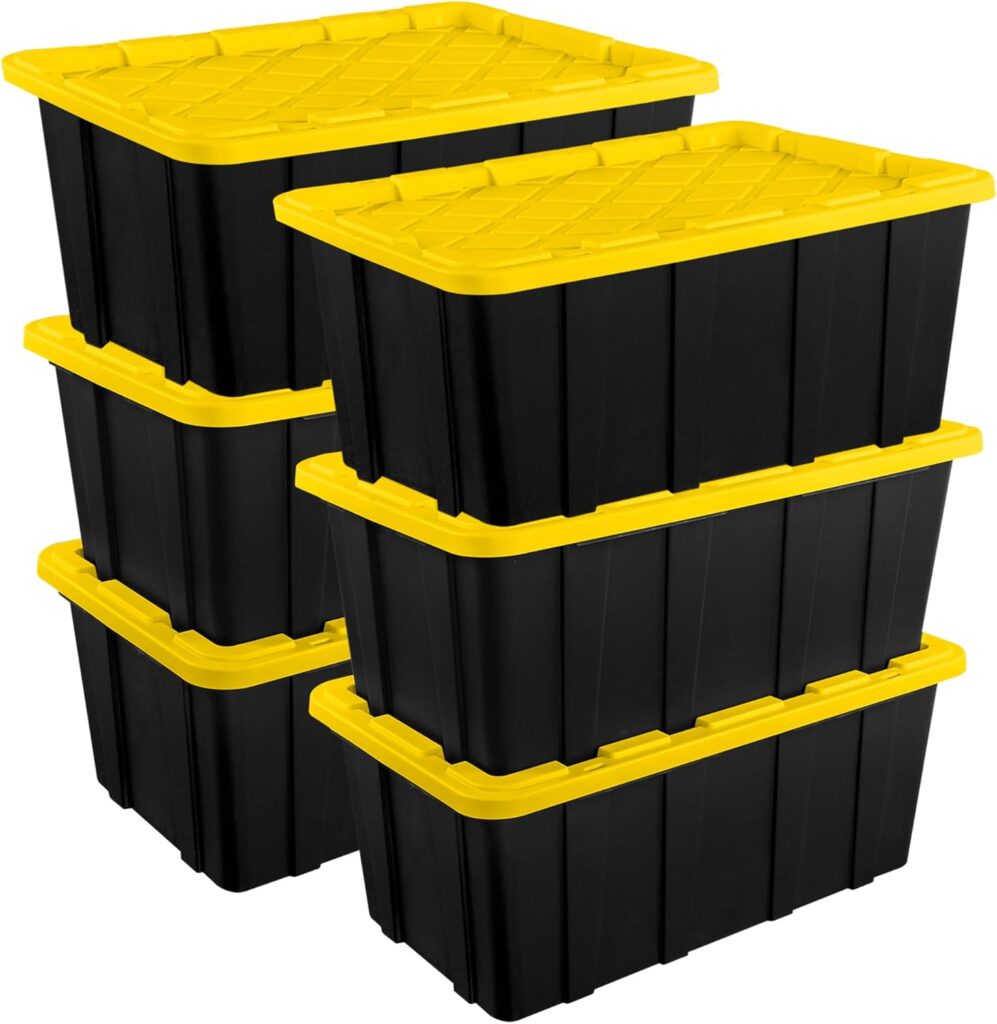
Be sure to label your storage containers in some meaningful way. You don’t need to get fancy about it, unless you want to. Notecards and clear tape work great.
Growing up, my dad was a tool collector. Sure, he used some of them once in a while, but for him, it was more about covering three walls in the garage with pegboard and turning it into a tribute to Craftsman. Pegboard is great for organizing tools, as it’s often very easy to see if something is missing. However, I’ve grown to like large rolling tool chests. They can pack a lot of tools or other items into a compact area. Incidentally, they work great for knife collections.
Advertisement — Continue Reading Below
Mobile Organization
This is where we look at organizing the gear you carry around with you, such as your EDC, Get Home Bag, bug out bag, and the like.
With backpacks, sling bags, messenger bags, and the like, I always want to see pockets and pouches throughout. This is one area where 5.11 Tactical really shines. The built-in organizational capabilities with their packs and bags are hard to beat. Granted, even a cheap duffel bag will help keep your hands free as you move about, and having internal pockets and such in the bag will keep things where you want or need them.
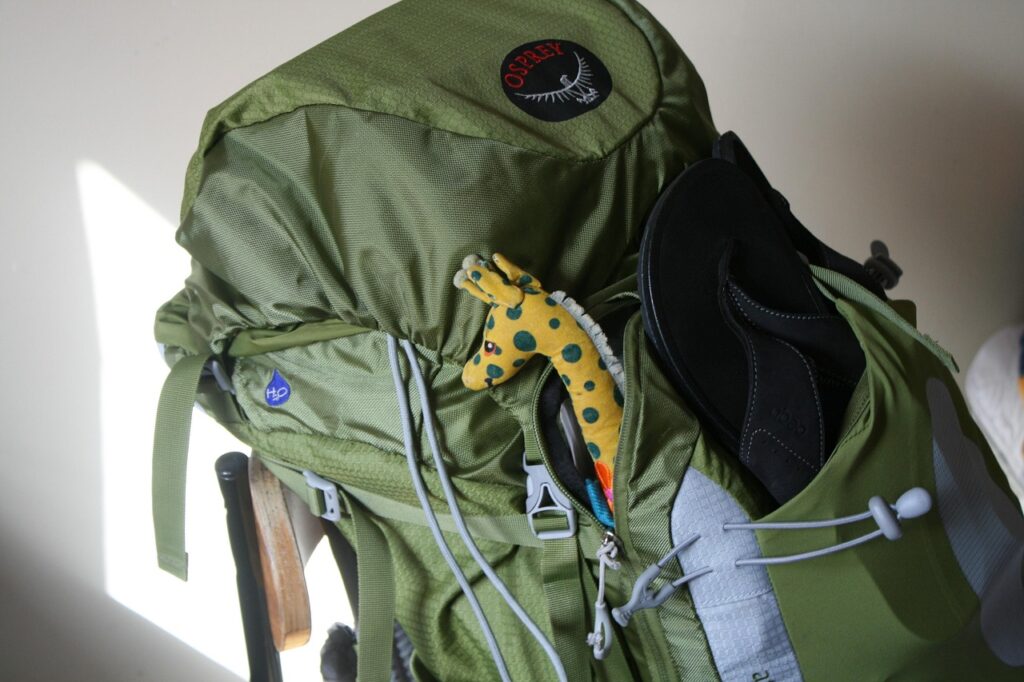
Advertisement — Continue Reading Below
If you’re looking for an inexpensive approach to organizing gear in your pack, Ziploc bags might do the trick. They come in a range of sizes, and the closure is pretty solid. You can use a marker to label each bag, too.
Personally, I gravitate toward Tuff Possum Gear’s Possibles Pouches for this purpose. They come in three sizes, including 6”x8”, 8”x10”, and 10”x12”. They’re well-made and available in a range of colors. Their Fire Plug Zipper Pulls are also a handy addition. I use one pouch for my fire kit, others for first aid, water filtration, and such. It’s easy to just grab the pouch I need, rather than hunt through a messy pile of gear.
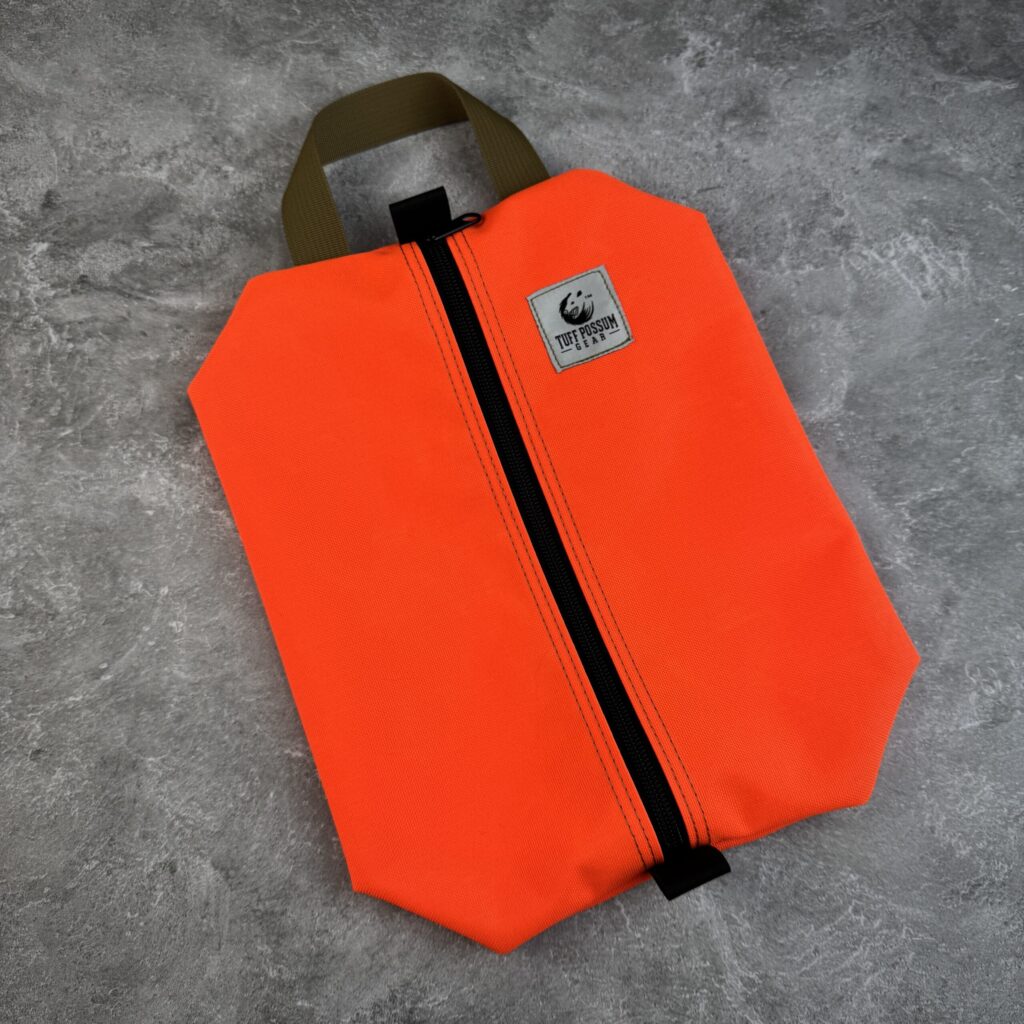
Advertisement — Continue Reading Below
When you pack your bag or backpack, think about the frequency or speed with which you might need each item or pouch, and pack it accordingly. For example, your first aid kit shouldn’t be buried at the bottom of the pack. Put it in an outer pocket or at least at the top of the pack so you can get to it quickly if needed.
For gear that you’re keeping in the trunk, here’s a great tip. Stop at your local dollar store and pick up a laundry basket. They work amazingly well for keeping everything in one place in the trunk. Plus, should you need the trunk space for something else temporarily, you can easily move the basket and all of its contents to the back seat.
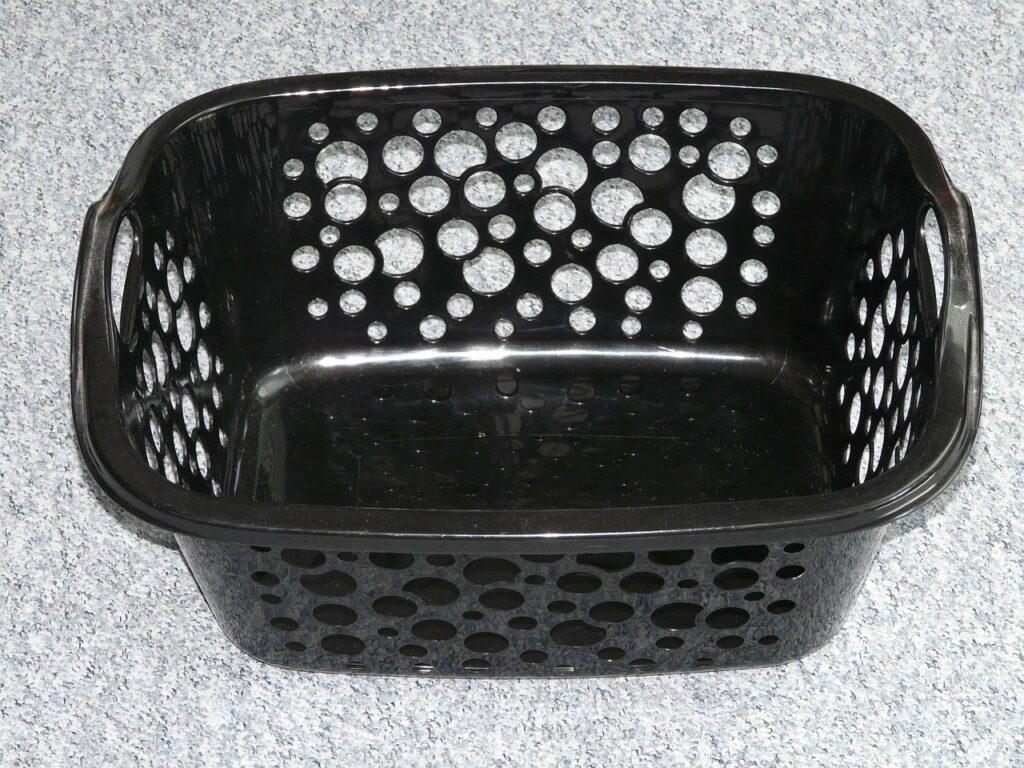
Advertisement — Continue Reading Below
The takeaway here is simple. Use some sort of organization scheme that makes sense for your situation to keep your gear and supplies where you can find them.

